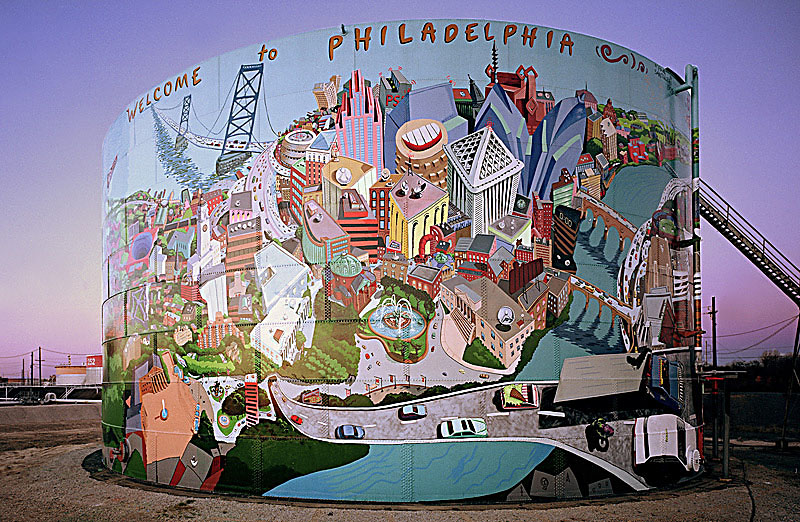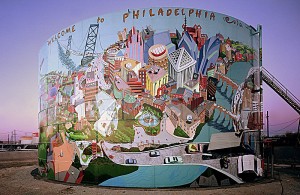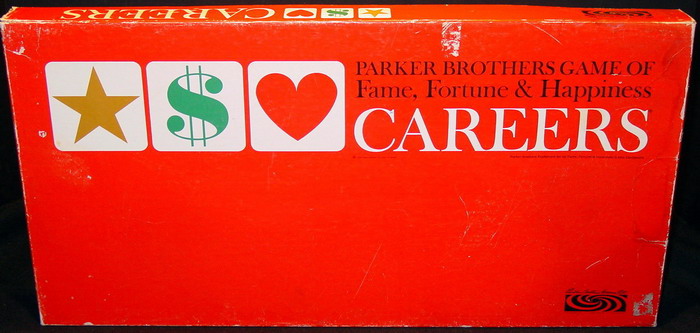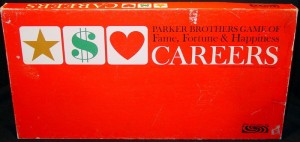by Beth Olson
This long overdue thank-you note goes to the dozens of people who helped me complete two tasks simultaneously when I graduated from college. They taught me about their worlds of work and the many career options within it, and they helped me find a job.
Perhaps because he was one of my favorite professors or perhaps because I felt desperate watching my friends interview and land jobs, but when Dr. Saunders suggested that I simply contact interesting professionals to see if I could meet with them and ask them about their jobs, I jumped at the strategy. I asked family members and professors and friends and alumni and my former supervisors if they knew anyone working in the city where I hoped to live, and I made a list.
I started contacting people on the list, wondering if they would think I was crazy or pushy. And people started saying yes. I had a place to stay in my city of choice, so I went there and started meeting with people at their work or for lunch or coffee. My list quickly became a tangled tree, as many of the people I met gave me names from their networks of colleagues, saying “tell them I sent you.” I kept track of the degrees of separation, noting which person had referred me to whom. Sometimes the people I met forwarded my request on to their colleagues ahead of me, and I occasionally received calls from people I had not yet met! (When that happened, I rifled through my notes while on the phone, trying to figure out the connection quickly.)
I met many people, and I learned how to interview them. I began a life-long interest in the world of work, learning about different career paths and different organizational structures and styles. I learned what people did in their professional lives, and I learned how they were connected to one another—both to people within their own career fields and without. I gathered information about what it might be like to work in particular companies/organizations and which jobs someone right of college might get (if only there were job openings).
And then, eventually, two different people—entirely unrelated to one another professionally, from opposite ends of the networking web I’d created—both heard about a job opening (not within either person’s company). One person contacted the potential employer directly and told them about me. The other person contacted me to tell about the job possibility. When I applied, I don’t know if this networking intersection strengthened my candidacy in the employer’s eyes, but I landed the job.
Many jobs later, I find this still to be one of the best job-search strategies. I have learned about different careers, companies, opportunities, and I have found friends, eventual colleagues, and mentors. And I have a library of stories of the people I’ve met along the way.
(For tips on using this strategy, feel free to check out our website resources.)






